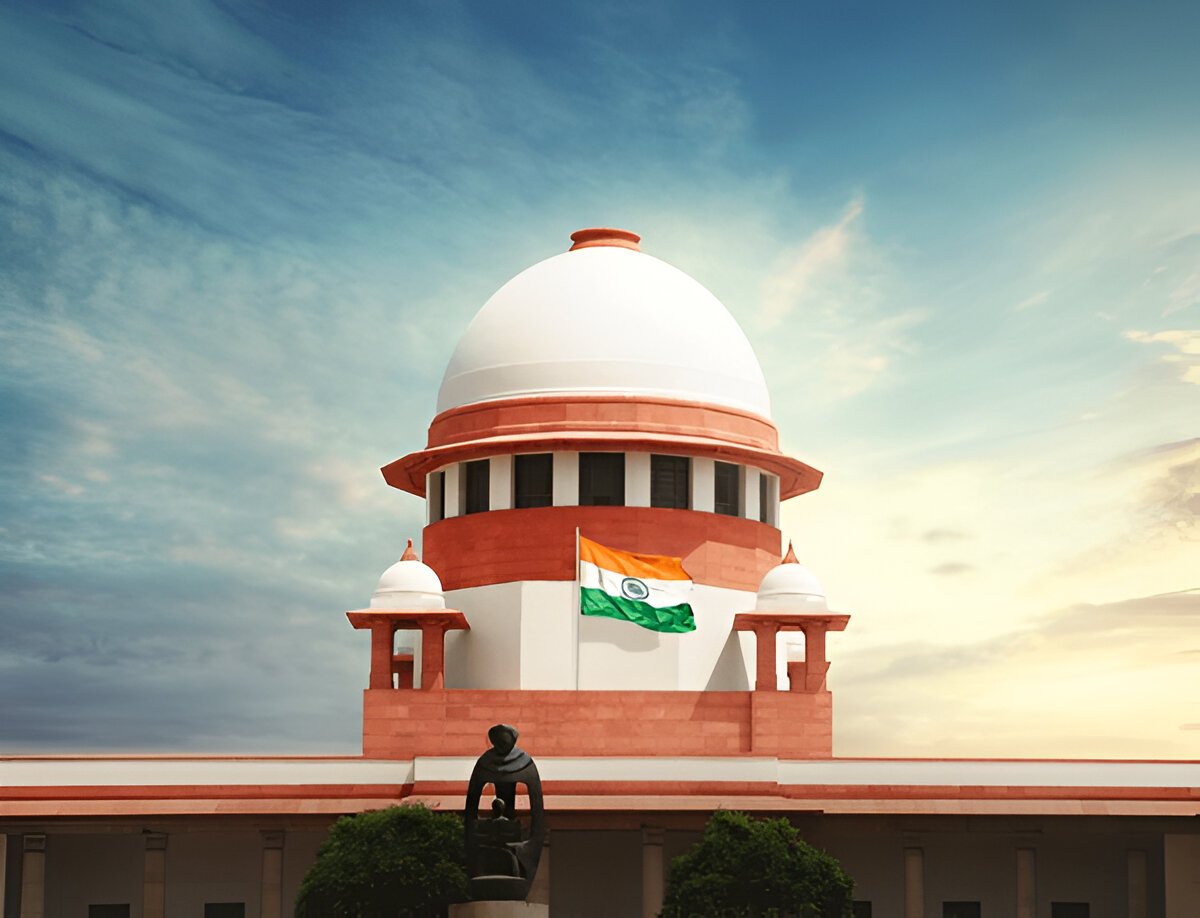Commander Kawas Manekshaw Nanavati, an officer in the Indian Navy, was tried for the murder of Prem Ahuja, his wife Sylvia’s lover. In March 1959, Nanavati and his family moved to Bombay, where they met Prem Ahuja, a businessman, through an old friend. While Nanavati was often away on duty, Sylvia began an affair with Prem. She eventually developed feelings for him and asked if he would marry her and take responsibility for her children. However, Prem’s response was evasive, and Sylvia realized that he was only interested in a physical relationship.
When Nanavati returned home from duty, he noticed Sylvia’s distant and unusual behavior. Upon confronting her, she confessed to the affair. Nanavati, in a fit of rage, had an argument with her and initially stormed out, but Sylvia stopped him, fearing he might harm himself. Later that afternoon, the couple took their children to a movie. Nanavati dropped them at the cinema and went to his ship, where he collected his gun and cartridges, pretending he needed them for personal safety.
Nanavati then went to Prem Ahuja’s office but did not find him there. He proceeded to Prem’s residence, confronted him in his room, and locked the door. Nanavati asked if Prem would marry Sylvia and care for the children, but when Prem refused, Nanavati took out his gun and shot him twice, killing him instantly. After the incident, Nanavati went to the police and surrendered himself.
Nanavati was initially charged with murder under Section 302 of the Indian Penal Code (IPC). The trial court, however, convicted him under Section 304A (culpable homicide not amounting to murder). On appeal, the High Court reversed this decision and convicted him under Section 302 IPC for murder. Nanavati then appealed to the Supreme Court and also applied for clemency from the Governor under Article 161 of the Constitution.
Issues before the Court
The main issues in the case were whether Nanavati killed Ahuja in the “heat of the moment” due to sudden provocation or if it was a premeditated murder, and whether a Special Leave Petition (SLP) could be entertained without fulfilling the requirements of Article 142 of the Constitution
Analysis of the Case
Initially, the case was decided by a jury, which found Nanavati not guilty of murder under Section 302 of the Indian Penal Code (IPC) and held him liable only under Section 304A IPC (causing death by negligence). However, due to misdirection by the jury, the matter was referred to the High Court. The court noted that the jury’s decision was influenced by media coverage and public sentiment, leading to an erroneous verdict. Nanavati had pleaded Exception 1 to Section 300 IPC, claiming that he acted under grave and sudden provocation. However, the court rejected this defense, stating that Nanavati was fully aware of his actions and committed the act in a calculated manner.
The court held that Nanavati had ample time to cool down after learning of his wife’s affair, as he dropped her at a cinema, went to his ship to get his weapon, and then went to Ahuja’s office and home before killing him. This gap of time ruled out sudden provocation, making the act a deliberate and premeditated murder. Nanavati also filed a Special Leave Petition (SLP) under Article 136 of the Constitution and simultaneously sought pardon from the President, but the court found no merit in these actions.
Final Decision in the case
After hearing both sides, the Supreme Court held that Nanavati’s actions were premeditated and deliberate, not a result of sudden provocation. His actions showed a calculated intent to kill Ahuja after having enough time to reflect. Since he had the opportunity to regain his self-control but still proceeded to commit the act, the court concluded that the murder was intentional.
The conviction of Nanavati under Section 302 IPC (murder) and his life imprisonment sentence passed by the High Court were upheld, and the appeal was dismissed.

